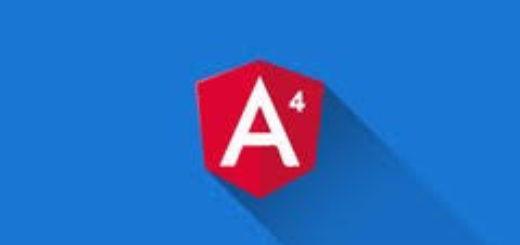Flask – is a lightweight and flexible Python web framework
Flask – is a lightweight and flexible Python web framework
Flask is a lightweight and flexible Python web framework that provides the tools and libraries needed to build web applications quickly and efficiently. Developed by Armin Ronacher, Flask is known for its simplicity, minimalism, and ease of use. Here’s a detailed explanation of Flask and its key features:
- Microframework: Flask is often referred to as a “microframework” because it is designed to be simple and lightweight, providing only the essential features needed to build web applications. This minimalist approach gives developers more flexibility and control over their codebase compared to larger, more opinionated frameworks.
- Routing: Flask uses a routing system to map URLs to view functions, allowing developers to define routes and associated handlers easily. Routes are defined using decorators, making it simple to create clean and readable code.
- HTTP Request and Response Handling: Flask provides built-in support for handling HTTP requests and generating HTTP responses. Developers can access request data such as form data, query parameters, and headers, and return responses with custom status codes, headers, and content.
- Template Engine: Flask comes with a template engine called Jinja2, which allows developers to create dynamic HTML content by combining static HTML templates with template variables, control structures, and template inheritance. Jinja2 templates are highly customizable and support features like template inheritance, filters, macros, and includes.
- RESTful Request Handling: Flask supports building RESTful APIs (Application Programming Interfaces) by providing tools and conventions for handling HTTP methods (GET, POST, PUT, DELETE) and structuring API endpoints. Developers can use Flask’s routing system and request handling features to create RESTful APIs that expose resources and interact with clients.
- Extensions: Flask has a rich ecosystem of extensions that extend its functionality and provide additional features for building web applications. These extensions cover a wide range of use cases, including database integration, authentication, authorization, caching, form validation, and more. Some popular Flask extensions include Flask-SQLAlchemy, Flask-Login, Flask-WTF, and Flask-Caching.
- Database Integration: Flask can be easily integrated with various databases using extensions like Flask-SQLAlchemy (for SQLAlchemy ORM) and Flask-MongoEngine (for MongoDB). These extensions provide an abstraction layer for interacting with databases, making it simple to perform database operations and manage database connections within Flask applications.
- Middleware: Flask supports middleware, which allows developers to intercept and modify HTTP requests and responses before they are processed by the application. Middleware can be used for tasks such as logging, error handling, authentication, and request/response preprocessing.
- Session Management: Flask provides built-in support for session management, allowing developers to store user session data securely and access it across multiple requests. Session data is stored on the client side by default using secure cookies, but Flask also supports other storage options such as server-side sessions and client-side sessions with encryption.
- Testing: Flask includes built-in support for testing web applications, with tools and utilities for writing and running unit tests, integration tests, and end-to-end tests. Developers can use testing frameworks like Flask-Testing and tools like Flask-WebTest to automate testing and ensure the reliability and correctness of their applications.
- Community and Ecosystem: Flask has a vibrant community of developers, contributors, and users who provide support, documentation, tutorials, and third-party extensions. The Flask ecosystem includes a wide range of reusable components, libraries, and resources that enhance productivity and facilitate development.
Overall, Flask is a powerful and versatile web framework for building web applications and APIs with Python. Its simplicity, flexibility, and extensibility make it an excellent choice for developers looking to create lightweight and scalable web applications quickly and efficiently.


Recent Comments